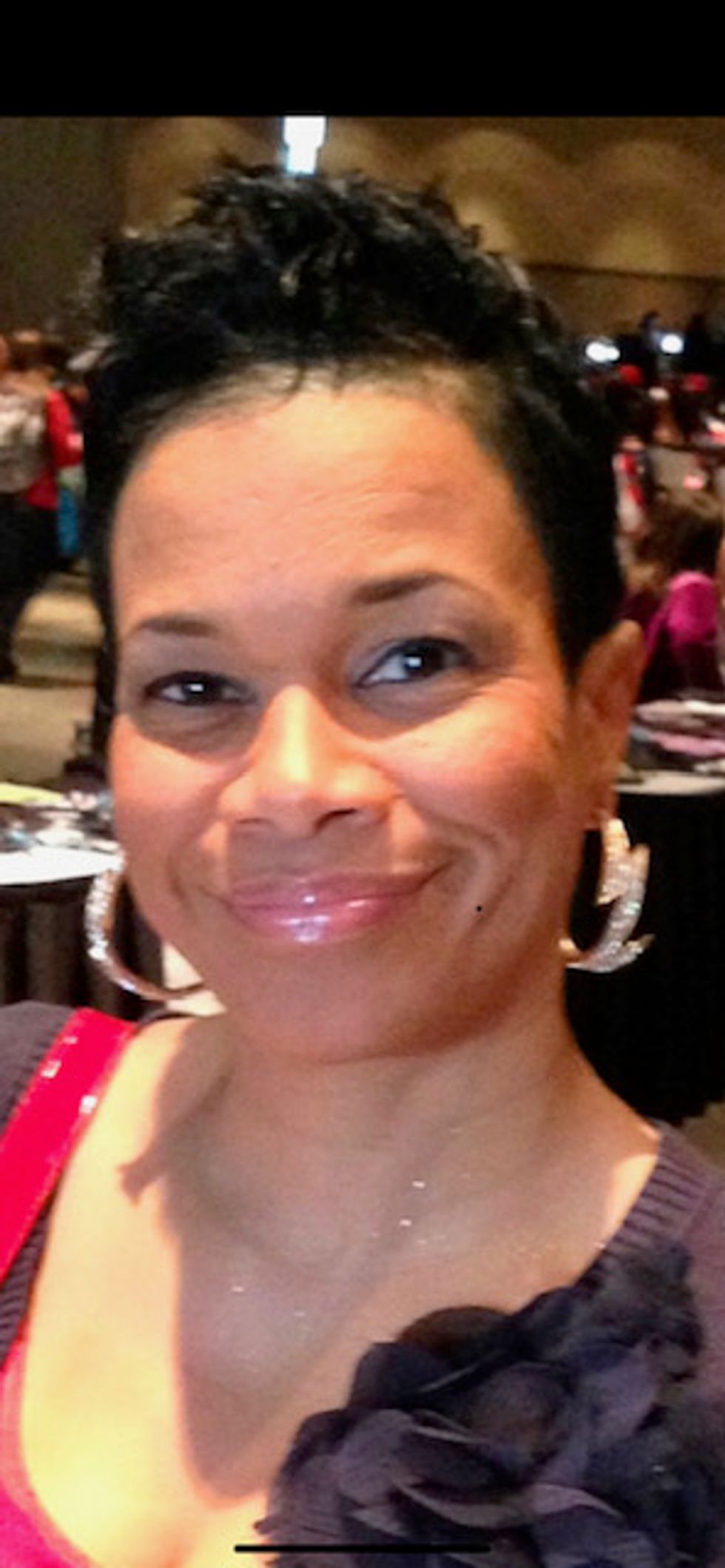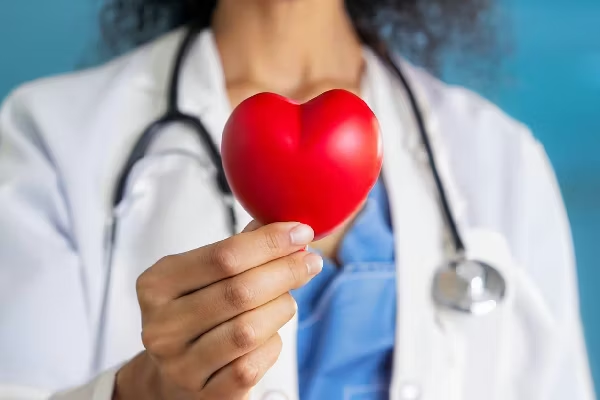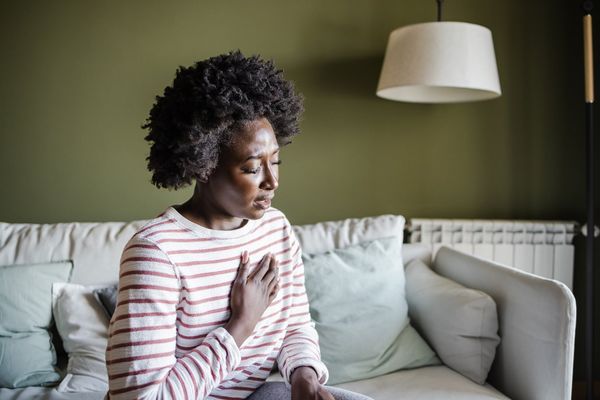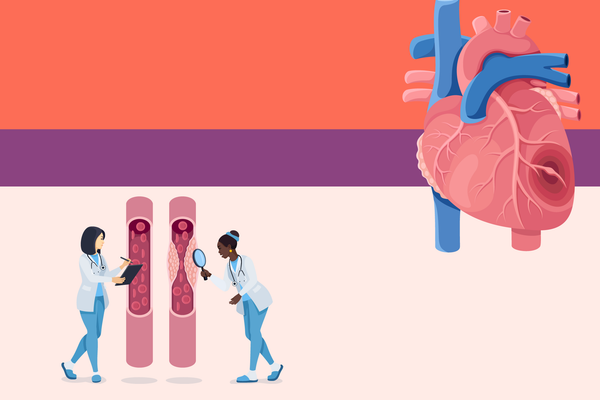By Wanda Tswago
The first two weeks after giving birth to my daughter were some of the sweetest days of my life. But everything changed one evening. I started experiencing pain in my lower back. I truly didn't think anything of it—I figured it was a side effect from my epidural. Even when the pain went up into my left shoulder and neck, I thought nothing of it. But when I went to eat dinner that night, the pain moved from my neck into my jaw and then deep into my chest. I felt heavy in both of my arms and I realized I couldn't lift them. I ran into my mother-in-law's room, fell onto her bed, and cried out, "My chest, my chest."
My husband and mother-in-law immediately drove me to the emergency room, but once we arrived, everything moved in slow motion. We sat in the waiting room, waiting and waiting, while no one helped us. Finally, a nurse came over to check my blood pressure. It was dangerously high at 200/180, making it even more surprising that we were still sitting in the waiting room. And then...I vomited. I think this prompted the medical team to bring me into the back and put chest leads on me. They started an IV and brought a cart in. The pain kept getting worse, and I felt like I was being stabbed in the back with a knife. Moments later, the doctor informed me, "You are having a heart attack."
Turns out I had a 98 percent blockage in my left anterior descending artery (LAD). The LAD transports a large amount of blood into your heart, so without blood passing through the LAD, your heart can quickly run out of oxygen and stop beating. I was worried I was going to die.
I spent two weeks in the hospital until I was finally stable enough to return home. However, two days later, the pain started again. It wasn't as intense, but I definitely recognized the pattern and returned to the ER. I was kept overnight while they ran multiple EKGs until it finally registered that I was having another heart attack. This time, I remained in the hospital for more than two months as I went through multiple procedures.
At the time, I didn't fully realize the seriousness of what was going on. I think I was in denial. I kept wondering how this could happen. I was a gymnast and a dancer with a fit body on a small frame. Even during my pregnancy, I kept my weight at a healthy level. I was only 31 years old with normal blood pressure and cholesterol and I didn't smoke. I certainly didn't think of myself as high risk for a heart attack. And based on my first visit to the emergency room, neither did the health care professionals.
The thing is, there was something that put me at risk for heart attack that I didn't realize until after it happened. My sister had died of a heart attack years earlier, but it didn't occur to me that I had a family history of heart attacks and could be at risk.
Fortunately, after many years of heart issues, I am finally stable. I have an irregular heartbeat and have an implantable cardioverter defibrillator (or ICD) with a pacemaker to help restore my heartbeat to its normal rhythm. I also take a number of medications, including aspirin to help prevent another heart attack.
Looking back, there are many things I wish I could change, but, I decided I was going to be proactive. I wanted people in my African American community to talk more about helping to prevent heart disease and getting treatment. I started holding seminars, telling my story at churches and getting involved in WomenHeart. I talked about feeling ashamed, embarrassed, lonely, angry and depressed after experiencing my heart attacks—all of which I learned are normal responses after experiencing a traumatic event.
It has been 20 years since my heart attacks and at 52, I feel great! As I dropped my baby off at college this fall, I thought of all that I want for her as she enters womanhood. First, I want her to know her family health history. Women can be the ones to encourage their families to talk about their family's health issues and support each other. And second, my hope is that all women recognize the signs of a heart attack so they can get immediate care and live full, healthy lives.
The article was developed in partnership with the makers of Bayer® Aspirin.





